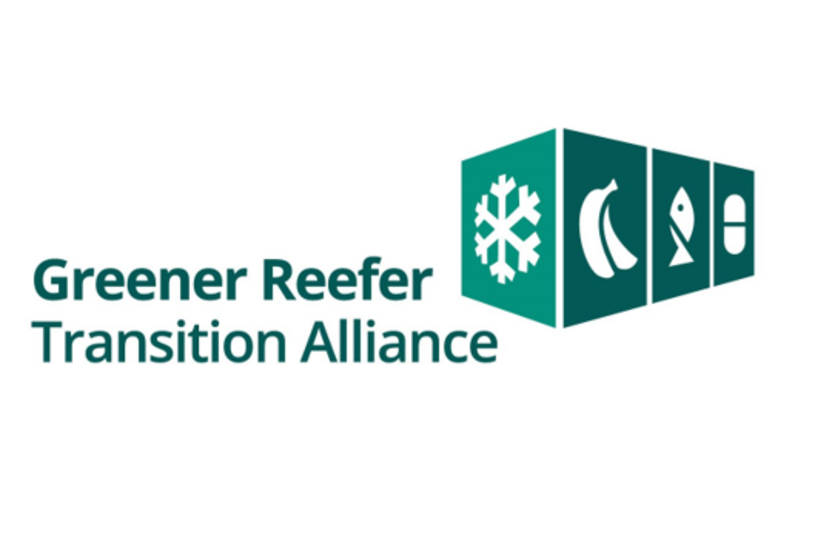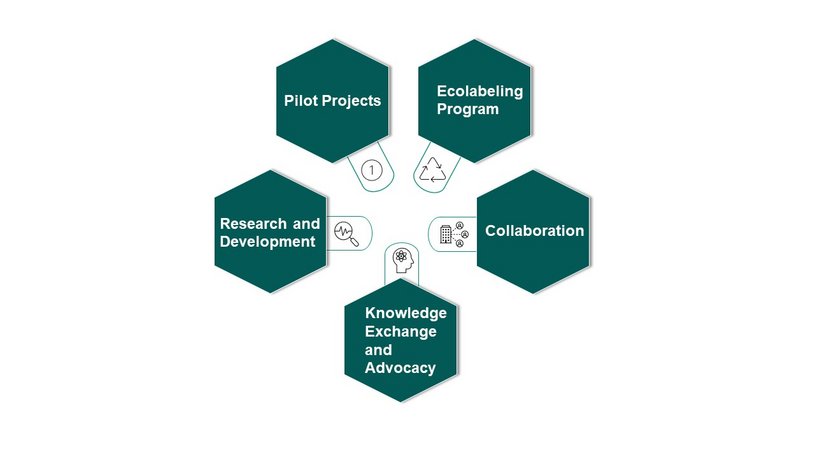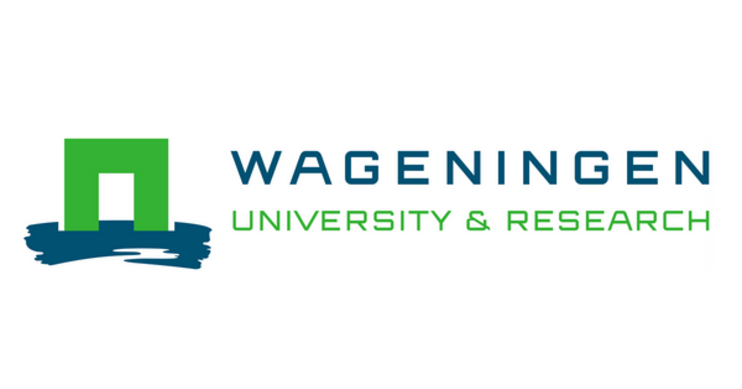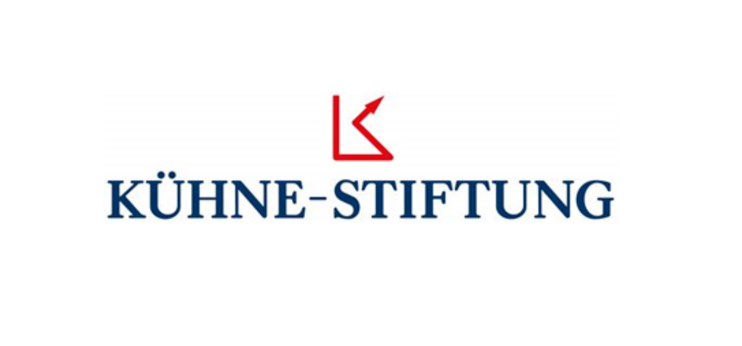Greener Reefer Transition Alliance
The Greener Reefer Acceleration Alliance is a visionary leap towards a sustainable future for the refrigerated cargo sector. This transformative Alliance champions collaboration, innovation, and the adoption of greener reefer practices and technologies to significantly reduce the environmental footprint of refrigerated cargo shipping while enhancing the efficiency and sustainability of global trade.
Greener Reefer are highly energy efficient refrigerated maritime containers that use natural refrigerants and blowing agents with ultra-low climate impact with less than 1 GWP value and do not contain f-gases and PFAS.

Container shipping is the backbone of global trade, enabling the seamless movement of goods across continents. However, it also significantly contributes to carbon emissions, pollution, and environmental degradation. Refrigerated cargo shipping, or "reefer" shipping, plays a crucial role in transporting perishable goods like fruits, vegetables, seafood, and pharmaceuticals. While essential for maintaining the quality of these goods over long distances, reefer shipping has substantial environmental implications due to its high energy consumption and the use of refrigerants with high global warming potential (GWP).
Inspired by international frameworks such as the Sustainable Development Goals, the Montreal Protocol, including the Kigali Amendment, the Paris Agreement, and the IMO Emission Reduction Strategy (2023), EU Regulations as well as consumer demands our alliance proposes a transformative initiative to revolutionize container shipping towards sustainability. By uniting key stakeholders and fostering innovation, we aim to lead the shipping container industry towards a greener future, aligning with global standards and legislative frameworks to drive meaningful change.
Learn more about the Greener Reefer Transition Alliance:
Objectives
Reduce direct carbon emissions of the reefer and minimize environmental impact by the utilisation of natural refrigerants for cooling systems, that have a low global warming potential.
Reduce indirect carbon emissions and minimise environmental impact by optimising the energy efficiency performance of the reefer system design, enhancing energy efficiency of container shipping during operations, and building capacity for servicing and handling them on ships and in ports as well as tackling the end-of-life aspects.
Promote Collaboration and Innovation by fostering collaboration among key stakeholders in the shipping industry, including shipping companies, port authorities, manufacturers of reefer containers to accelerate the development and adoption of sustainable technology and practices in the refrigerated cargo sector.
Demonstrate the technical and commercial viability of Greener Reefer for pilot projects and positive economic assessments to pave the way for broader market deployment of Greener Reefer technologies. The Alliance will support pilot projects aimed at demonstrating the feasibility, effectiveness, and market readiness of sustainable practices and Greener Reefer technology in refrigerated cargo shipping.
Implementation

Research and Development:
The Alliance is dedicated to advancing research and development to improve the environmental performance of refrigerated cargo shipping. This includes exploring alternative refrigerants and enhancing the energy efficiency of container boxes. The economic benefits of greener practices will also be assessed to support sustainability.
Pilot Projects:
Pilot projects will demonstrate the technical and commercial viability of Greener Reefer technologies through research, testing, and implementation in real-world settings. Performance monitoring and economic analyses will assess their feasibility and environmental benefits.
Ecolabeling Program:
An ecolabel will be developed to set standards for environmental performance in refrigerated cargo shipping. Containers meeting these standards will display the ecolabel, showing their commitment to sustainability.
Collaboration:
Collaboration with stakeholders across the supply chain, including shipping companies, manufacturers, and policymakers, is vital to building support for Greener Reefer initiatives.
Knowledge Sharing and Advocacy:
The Alliance emphasizes understanding the industry’s challenges and opportunities by facilitating knowledge exchange, promoting dialogue, and encouraging diverse perspectives with mutual respect among stakeholders. This collaborative approach aims to develop sustainable solutions through the sharing of best practices, conducting joint research, and fostering innovation. Additionally, the Alliance will advocate for greater awareness of the environmental impact of refrigerated shipping and push for policy changes that support greener practices within the industry.
Governance Structure
Through this governance structure, the Greener Reefer Alliance aims to foster a collaborative, inclusive, and results-oriented approach to advancing sustainability in the refrigerated shipping industry. By leveraging the expertise and resources of diverse stakeholders, the Alliance strives to drive meaningful impact and contribute to a greener future for maritime transportation.
The Alliance consits of:
Steering Committee:
Comprised of representatives from key founding members, including GIZ, Kühne Foundation, leading shipping companies, relevant government agencies, academic institutions, and industry associations.
Working Groups:
The working groups are formed based on thematic areas or specific projects, with members from diverse backgrounds, including technical experts, researchers, industry professionals, and policymakers. These working groups will operate during an agreed-upon time frame, focusing on specific tasks rather than being permanent entities. This approach enables the working groups to maintain a dynamic and results-oriented structure, fostering efficient collaboration and innovation.
Secretariat:
Led by a Secretariat Coordinator appointed by the Steering Committee, supported by a dedicated team responsible for administrative, logistical, and communication tasks. The role of the Secretariat will evolve over time as the needs of the Alliance change, adapting to new tasks and responsibilities as necessary. Initially, the Secretariat will also manage certain tasks until the Alliance reaches a stage where specialized roles can be delegated.
Annual Meeting:
The Annual Meeting includes representatives from all member organizations, convening periodically to review progress, share updates, and discuss overarching strategies and challenges. This gathering fosters a collaborative environment where members can align on goals and celebrate achievements.
Alliance members
Futher readings
Come and join us text!


